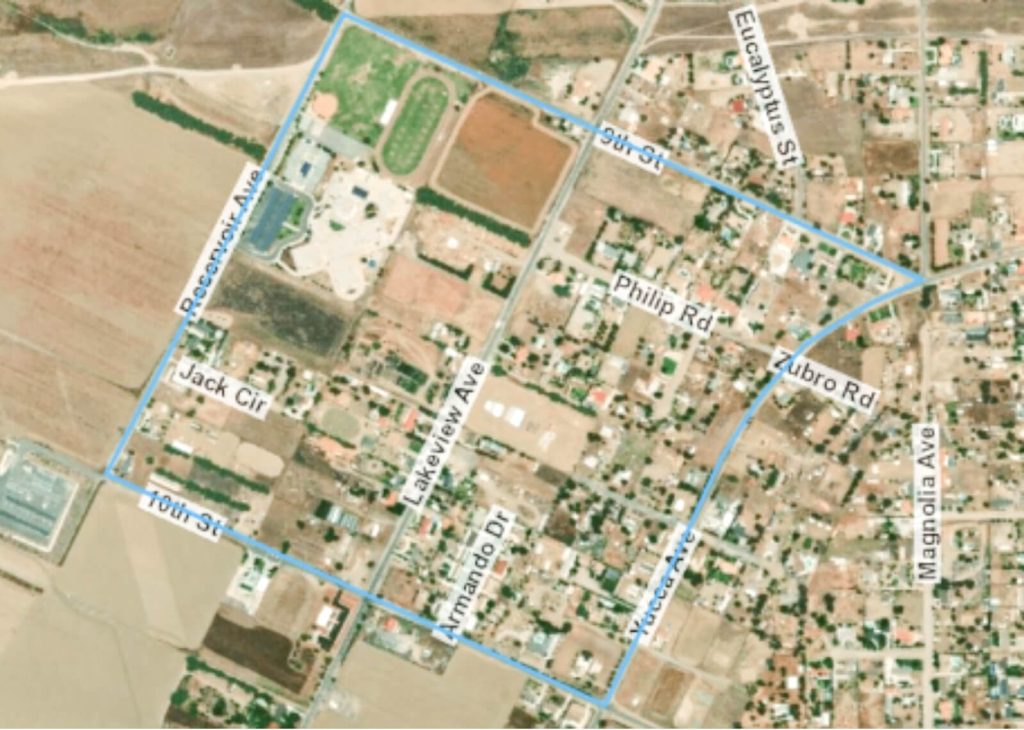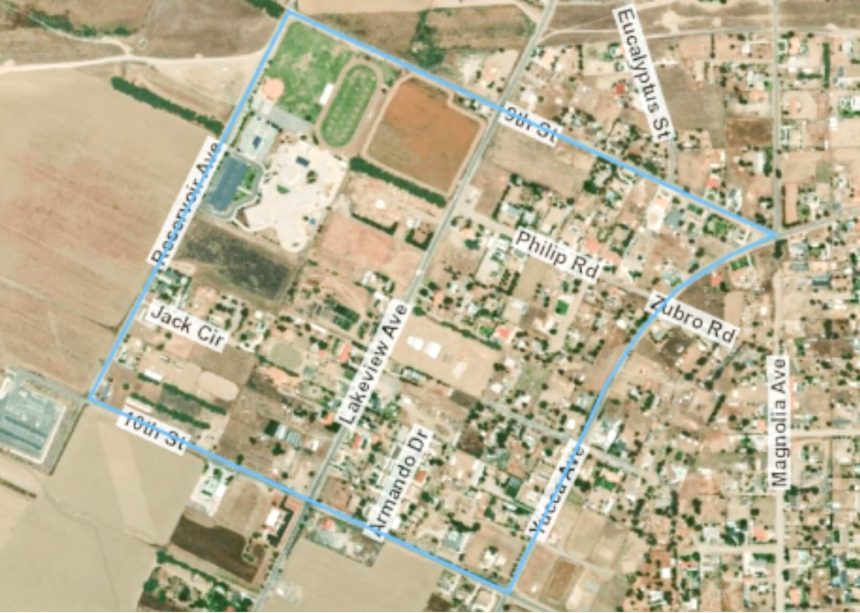Mosquito
NUEVO (CNS) – Riverside County vector control officials will conducted anti-mosquito spraying Thursday in Nuevo, covering a total 255 acres, to eradicate growing infestations that pose a potential risk to public health.
The Department of Environmental Health scheduled “ultra-low volume” insecticide spraying between 5 a.m. and 7 a.m. Thursday in the following three locations:
— Mystic Field, specifically the area bounded by Lakeview Avenue to the south, Reservoir Avenue to the north, Orange Avenue to the east and Magnolia Avenue to the west;
— East Nuevo, bounded by Reservoir to the north, Lakeview to the south, Fifth Street to the east and Sixth Street to the west;
— and the largest space, covering 173 acres, encompassing portions of west Nuevo, specifically Ninth Street to the north, 10th Street to the south, Reservoir to the west and Yucca Avenue to the east.
According to Department of Environmental Health Deputy Director Kristin Lorge, concentrations of mosquitoes that tested positive for West Nile virus have raised concerns about the potential for it to be transmitted.
Anti-mosquito spraying involves the use of chemicals approved by the U.S. Environmental Protection Agency. Pesticides are emitted as a mist dispersed from machines anchored in the backs of pickup trucks. Lorge recommended that during operations, residents stay indoors and keep windows closed until at least 15 minutes after the trucks have departed.
No human WNV infections have been documented in Riverside County so far this year. Statewide, only one infection has been recorded, in Tulare County, according to the California Department of Public Health.
In 2020, there were 10 confirmed human cases in Riverside County, and three in 2021, according to the county Emergency Management Department. No cases were documented in 2022.
Mosquitoes typically become carriers of the virus after feeding on an infected bird and can then spread the potentially lethal strain to animals and humans. Those at greatest risk include seniors and individuals with compromised immune systems.
Symptoms may never materialize, but can include fever, headache, nausea, body aches, skin rashes and swollen lymph nodes.
Mosquito season in Southern California generally spans May to October. To reduce exposure to mosquitoes with WNV, residents are urged to:
— spend as little time as possible outdoors at dawn or dusk, when mosquitoes are generally on the move;
— wear long pants and long-sleeved shirts during outdoor activity in mosquito-prone areas;
— use insect repellent;
— ensure door and window screens are fitted properly to keep bugs out; and
— get rid of standing water, aside from pools properly treated with chemicals.
Anyone with concerns should contact the Department of Environmental Health at 951-766-9454.

For More Local Health News Visit www.zapinin.com.


